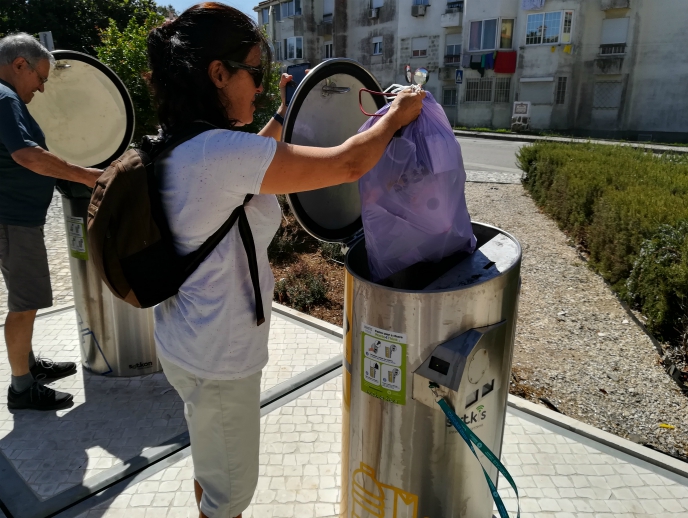Cultural context matters for effective energy efficiency campaigns
As human behaviour ultimately determines the success of energy efficiency policies, understanding what motivates people to act in certain ways is crucial to affecting change. “While we have learned a lot from small-scale pilots, for significant change, we now need to scale up efforts,” says Christian Klöckner, project coordinator of the ENCHANT project. ENCHANT ran 15 pilots, each implementing at least one of seven behaviour-changing interventions. The team compared the results to control groups where no intervention was made. The pilots, ranging from a handful of individuals to millions of people, focused mostly on domestic electricity consumption. The project’s interventions are estimated to have reduced primary energy consumption by as much as 195 gigawatts. “Additionally, we believe that project participants ended up investing around EUR 5.1 million in household energy efficiency measures such as insulation,” adds Klöckner, a professor of Social Psychology at the Norwegian University of Science and Technology. However, the project found that it isn’t straightforward to infer causality from specific interventions, partly due to the role of cultural context.
Trials in the intervention matrix
ENCHANT demonstrates both the potential and limitations of behaviour change campaigns, emphasising the importance of setting realistic expectations about interest levels and participation. The project benefited from the participation of 11 partners – including energy utility companies, municipalities and NGOs – across six countries: Austria, Germany, Italy, Norway, Romania and Türkiye. “This gave us both routinely used channels, such as bills or newsletters, through which to conduct our trials, alongside access to a vast array of data about European energy behaviour,” explains Klöckner. Over 2 500 households were recruited to an online platform developed by ENCHANT, to test energy efficiency campaigns, either as stand-alones or in various combinations. Campaign intervention techniques to influence energy consumption included monetary incentives, communicating social norms, individual feedback, simplified hands-on tips, private or public commitments and a competition. Strong cultural differences were also found for the different techniques trialled on the platform. While hands-on electricity saving tips communicated through the platform were positively received in all countries, some interventions only worked in select cases. For example, competitions were most effective in Germany, while nudge communications, informing participants about peer behaviours (so-called social norms), worked best in Norway. Interestingly, psychological profiling was good at predicting which energy-saving tips participants would self-report as being adopted. However, actual energy use, measured in kWh, didn’t tally with the claims. “We need more research to find out why, but it could simply be that while only one person self-reported, multiple householders were actually using the energy,” says Klöckner. “This is a reminder that as energy consumption is most strongly determined by socio-structural aspects such as household size and available infrastructure, the margin for influencing change is small.”
‘Go greener’ smart tools
Data from the project’s platform was used to train a machine learning algorithm, which predicts which intervention is most likely to reduce future energy consumption. Ultimately the aim is for the technology to be integrated into utility company apps. “We see many utility companies changing their ethos, the maximisation of energy sales profits, to offer flexible services that reduce consumption, we want to help drive that change,” concludes Klöckner.
Keywords
ENCHANT, behavioural change, energy, electricity consumption, utility, household, algorithm, policies







